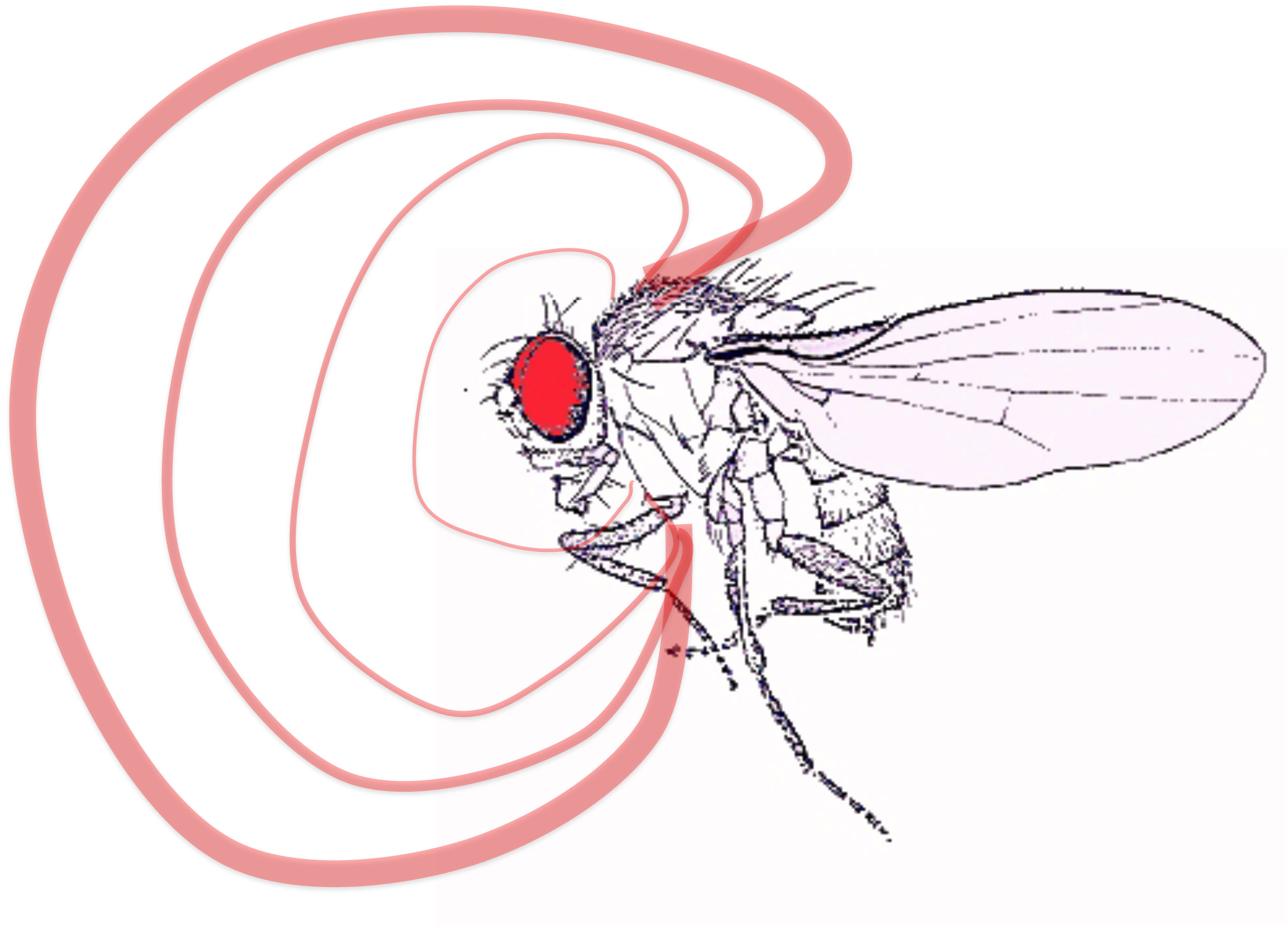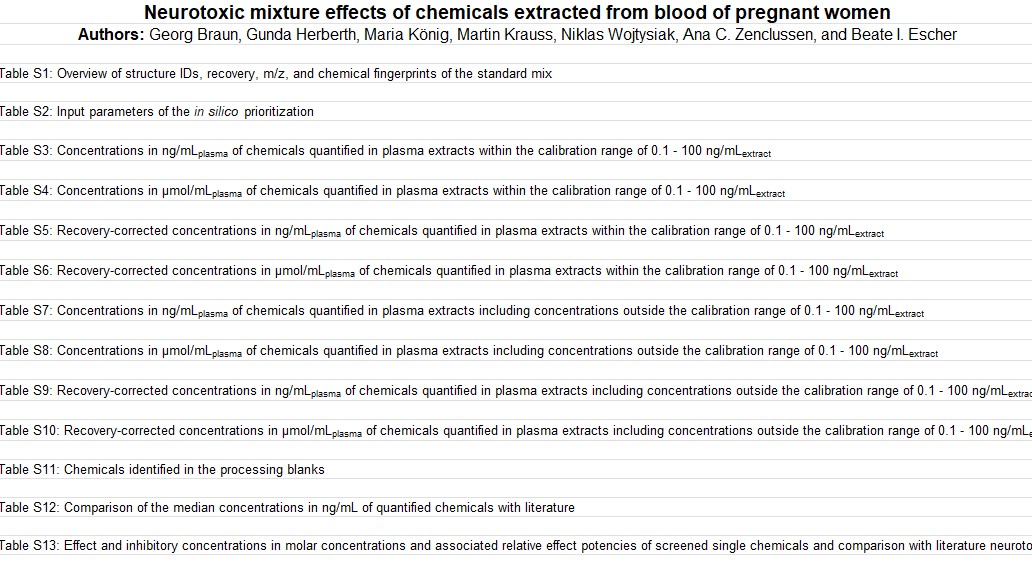In the Journal of Minimal Access Surgery , a case report details a 46-year-old physically fit female with a history of excessive bleeding and benign growths on her uterus.
Science 2.0 is an innovative online platform dedicated to modernizing scientific communication, publishing, and collaboration. It serves as a hub for world-class scientists to share their expertise, engage in discussions, and disseminate their research findings without the constraints of traditional publishing models.
The platform covers a wide range of topics, including scientific discoveries, cultural and societal issues, government and politics, healthcare and pharmaceuticals, and general health and well-being. By providing a direct line of communication between scientists and the public, Science 2.0 aims to foster a better understanding of scientific developments and their implications.
Science 2.0 distinguishes itself by embracing an open publishing model, where readers can access content without subscriptions or paywalls, and scientists can publish their work without incurring fees. This approach aligns with the principle that publicly funded research should be accessible to the taxpayers who funded it.
In addition to scholarly articles, Science 2.0 features various content formats, such as opinion editorials, press releases, legal and policy analyses, and government announcements. This diverse range of content allows readers to gain a comprehensive understanding of scientific topics from multiple perspectives.
The platform also provides customized tools and infrastructure to facilitate collaboration among scientists, fostering a more collaborative and open approach to scientific research and communication.


















